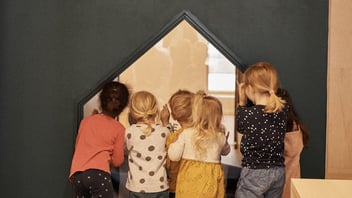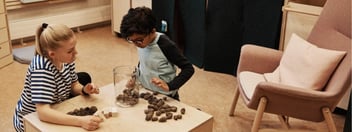Choosing the best curriculum for your kindergarten
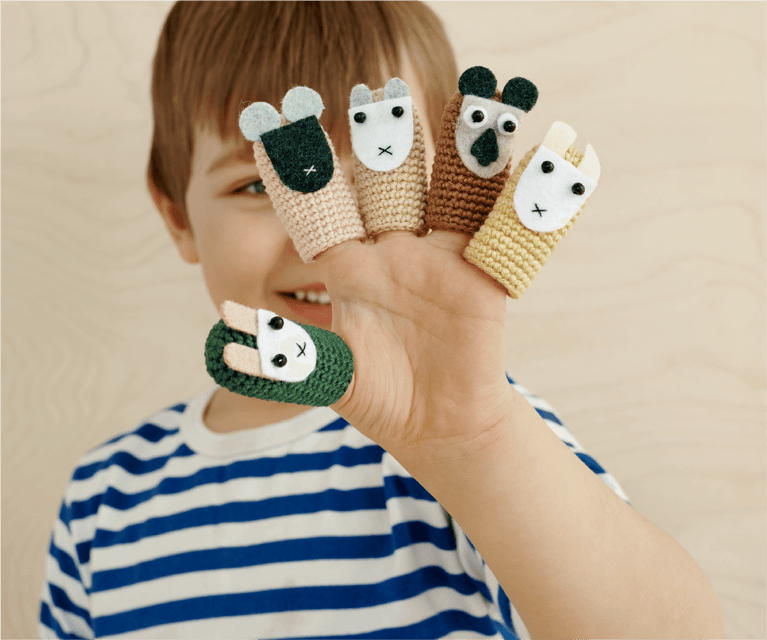
With numerous preschool curriculums to choose from, kindergarten/preschool owners and principals often find themselves pondering the best fit for their school. Determining the ideal curriculum relies heavily on your educational vision and the learning style you wish your educational team to adopt.
In this blog post, we'll explore some of the most common preschool curriculums to help you make an informed decision that aligns with your center's goals and values.
1. Montessori curriculum
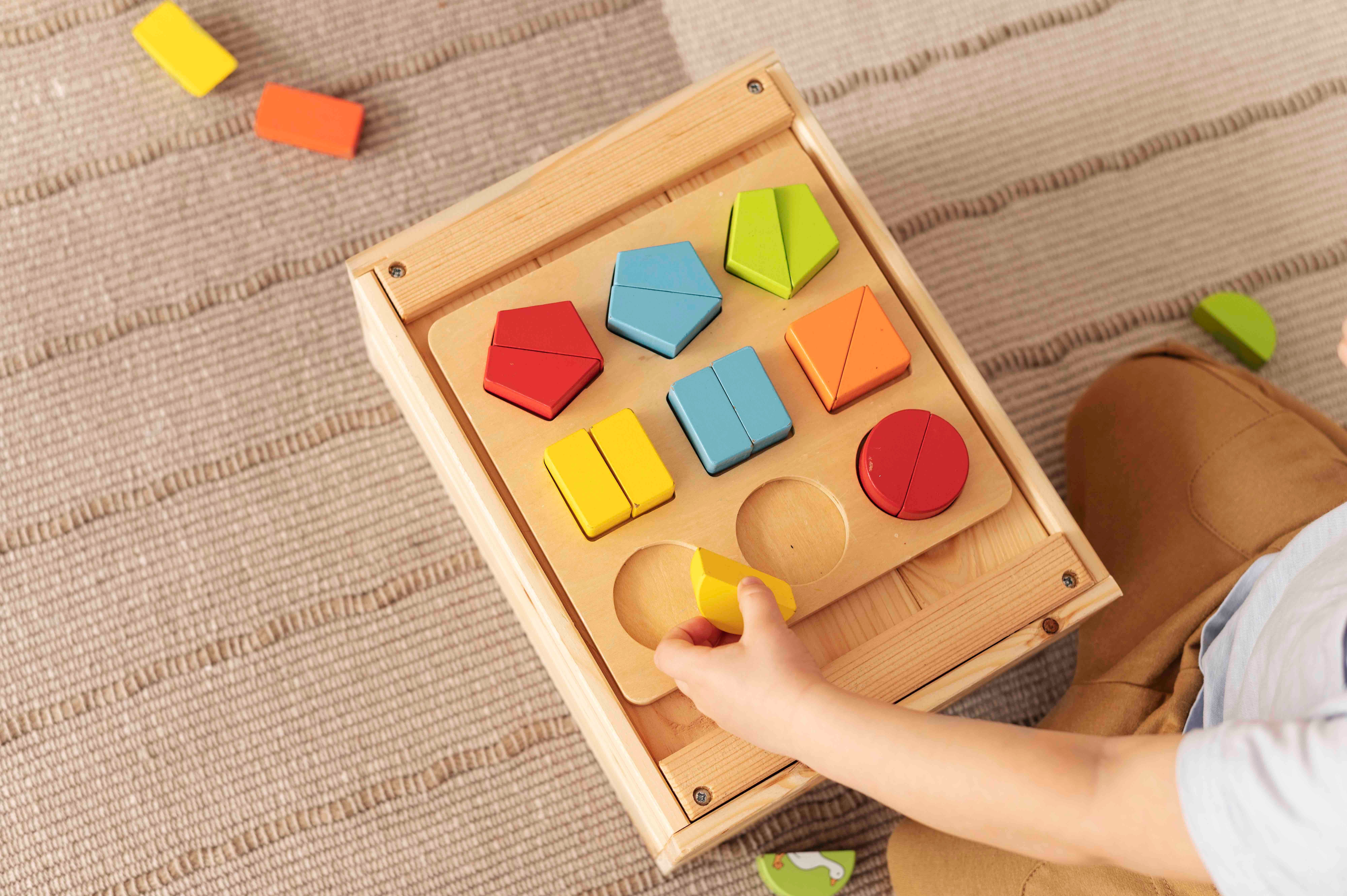
The Montessori Method is one of the most well-known and widely practiced preschool curriculums worldwide. Developed by Dr. Maria Montessori in the early 20th century, this approach focuses on promoting independence, self-discipline, and hands-on learning. Montessori classrooms are usually equipped with specially designed materials that encourage children to explore and learn at their own pace. The curriculum emphasizes practical life skills, sensorial activities, mathematics, language, and cultural subjects. Montessori preschools often have mixed-age classrooms, allowing older children to mentor younger ones.
If you wish to read more about the Montessori approach and how it compares to the Finnish approach, visit our blog about Montessori and HEI.
2. HEI Schools Curriculum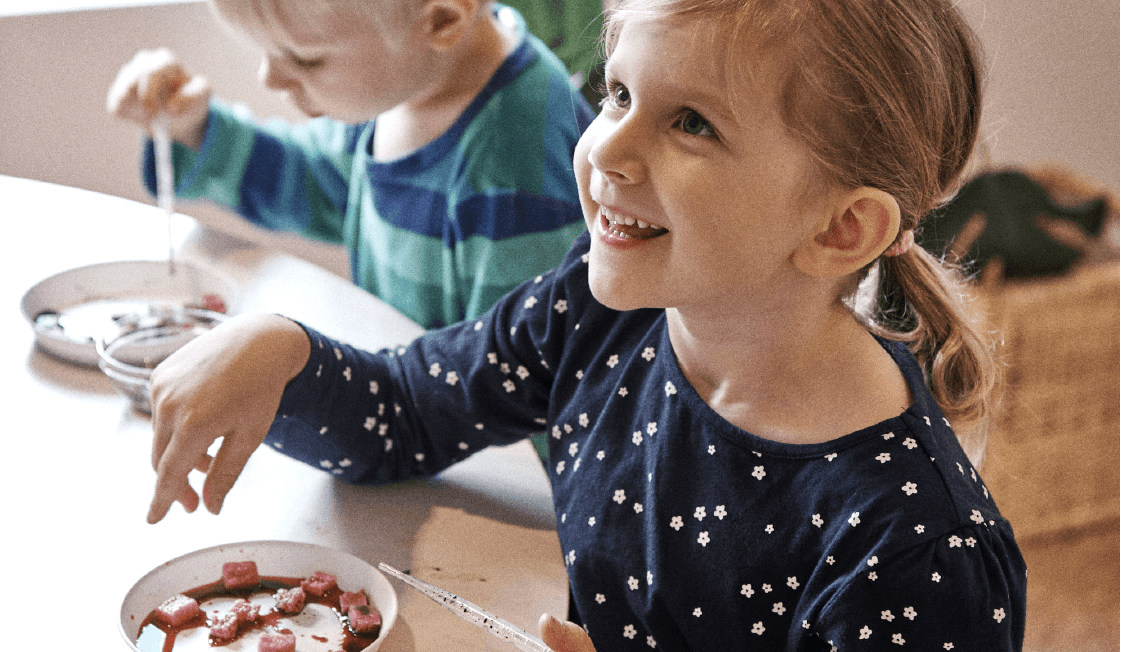
Inspired by Finland’s approach to early childhood education, HEI Schools, co-founded by the University of Helsinki and a team of education experts, takes the best that Finland has to offer and combines it with other best practices of progressive, emerging curricula. HEI Schools Curriculum views children as unique individuals with their own ideas, thoughts, and needs and we therefore prioritize children’s well-being, both physical and emotional, along with building their competencies.
HEI Schools Curriculum is continuously evolving to meet the demands of an ever-changing world. The curriculum has consistently incorporated themes of sustainability and social-emotional learning (SEL), continuously enhancing and expanding upon these important aspects. The curriculum takes a comprehensive approach, with all activities and projects being interdisciplinary and designed to be engaging and enjoyable for children.
3. Reggio Emilia approach
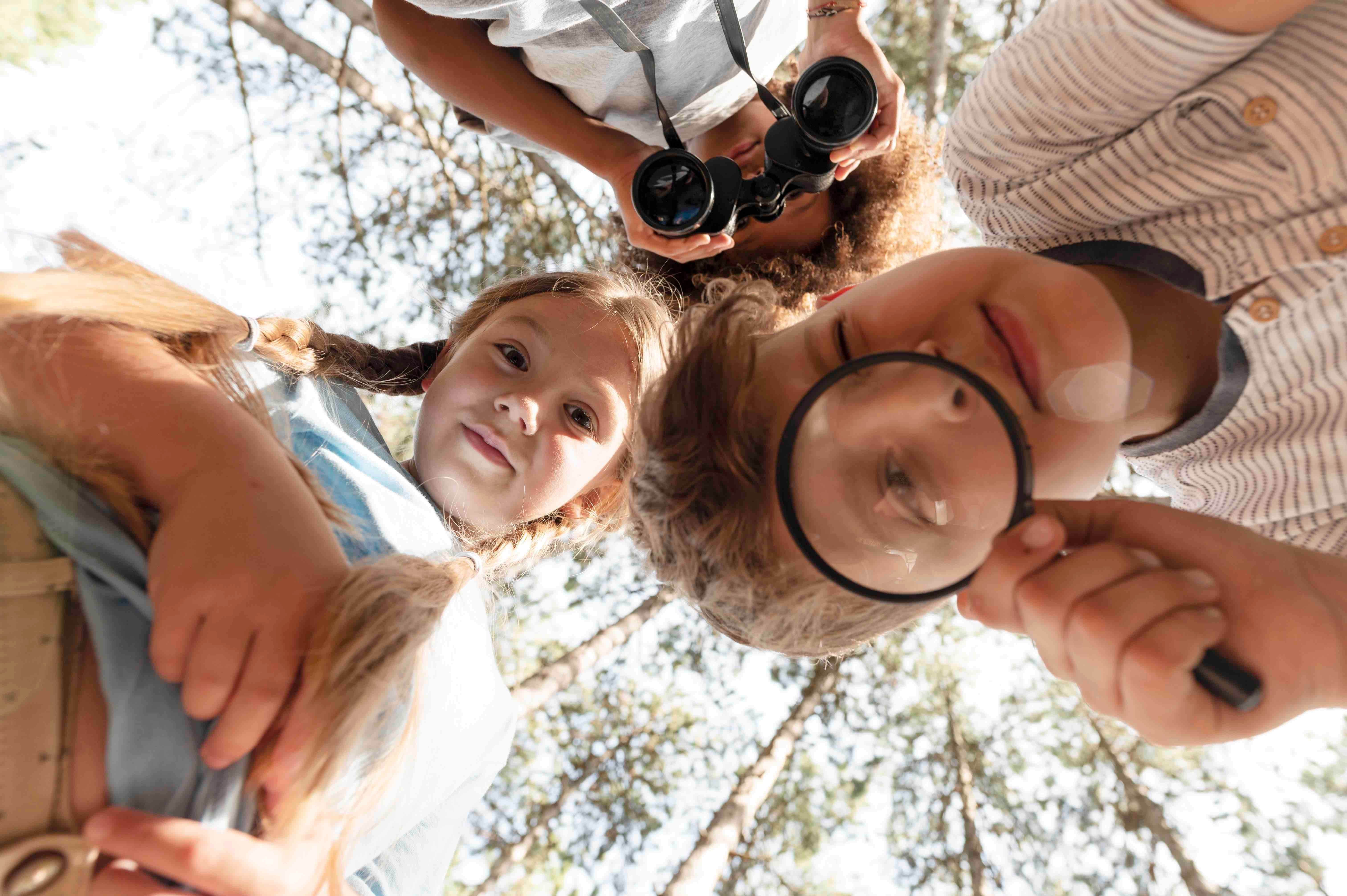
The Reggio Emilia approach originated in Italy and is known for its child-centered philosophy. This curriculum views children as active participants in their learning process, valuing their thoughts, ideas, and creativity. Reggio Emilia classrooms are filled with natural materials, mirrors, and open-ended activities to stimulate curiosity and exploration. The curriculum places a strong emphasis on the arts, group projects, and collaboration among children. It encourages teachers to document and display children's work, creating a rich environment for learning and self-expression.
4. Waldorf curriculum
Waldorf education, developed by Rudolf Steiner, takes a holistic approach to preschool education. It focuses on nurturing a child's intellectual, physical, emotional, and spiritual development. Waldorf classrooms are characterized by their warm and home-like atmosphere, with an emphasis on imaginative play and storytelling. The curriculum discourages early academics and screen time in favor of creative play, art, music, and movement. Teachers often stay with the same group of children for several years to build strong relationships and understand each child's unique needs.
5. British curriculum
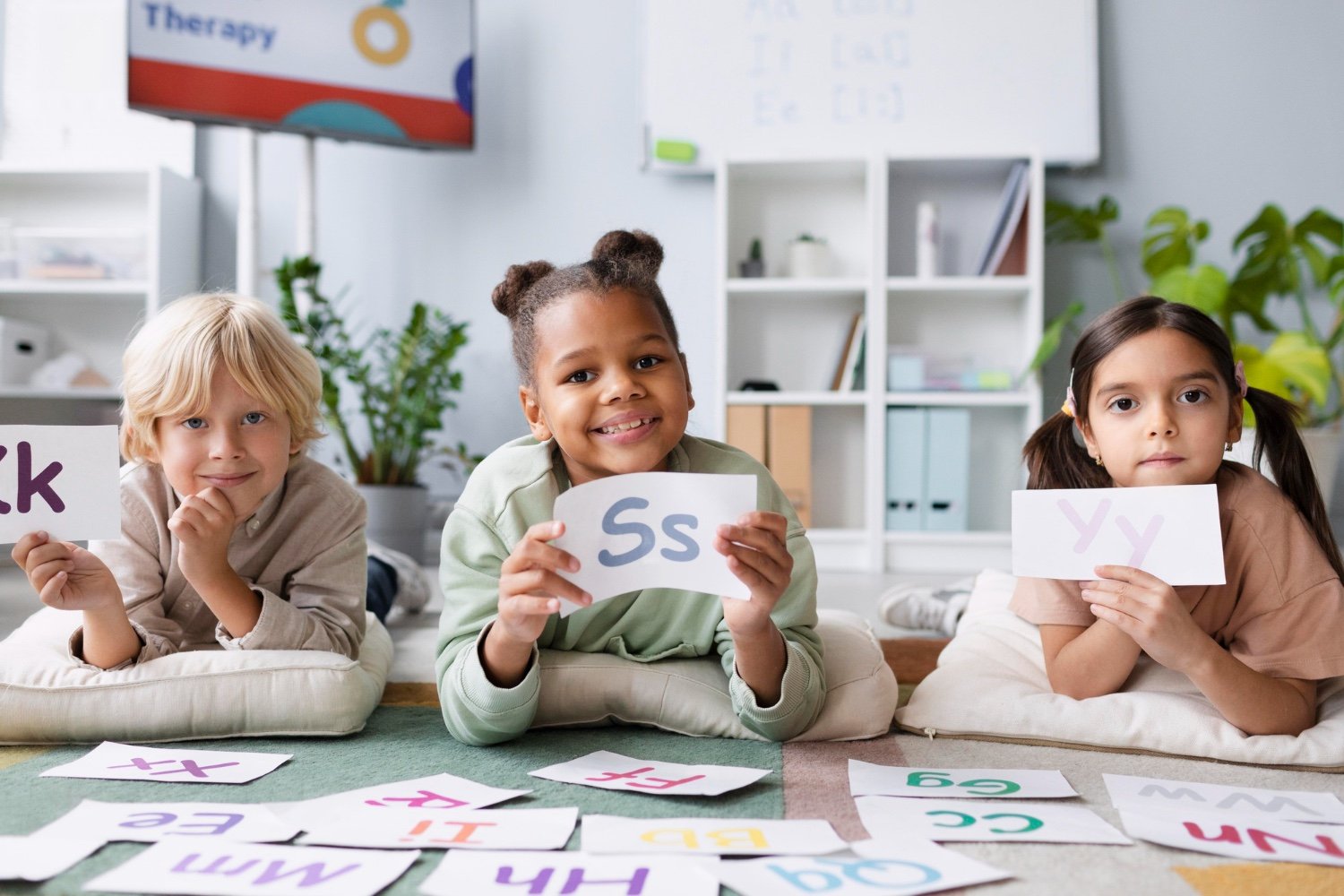
The British curriculum, often referred to as the Early Years Foundation Stage (EYFS), is a widely recognized and respected framework for preschool education in the United Kingdom and in many international schools worldwide. The EYFS is designed to provide a structured and holistic approach to early childhood education for children aged 0 to 5 years old in England. It sets out the statutory requirements for early years providers, including nurseries, preschools, and reception classes in primary schools. The EYFS places a strong emphasis on creating a safe and stimulating environment where young children can develop holistically.
6. Play-based curriculum
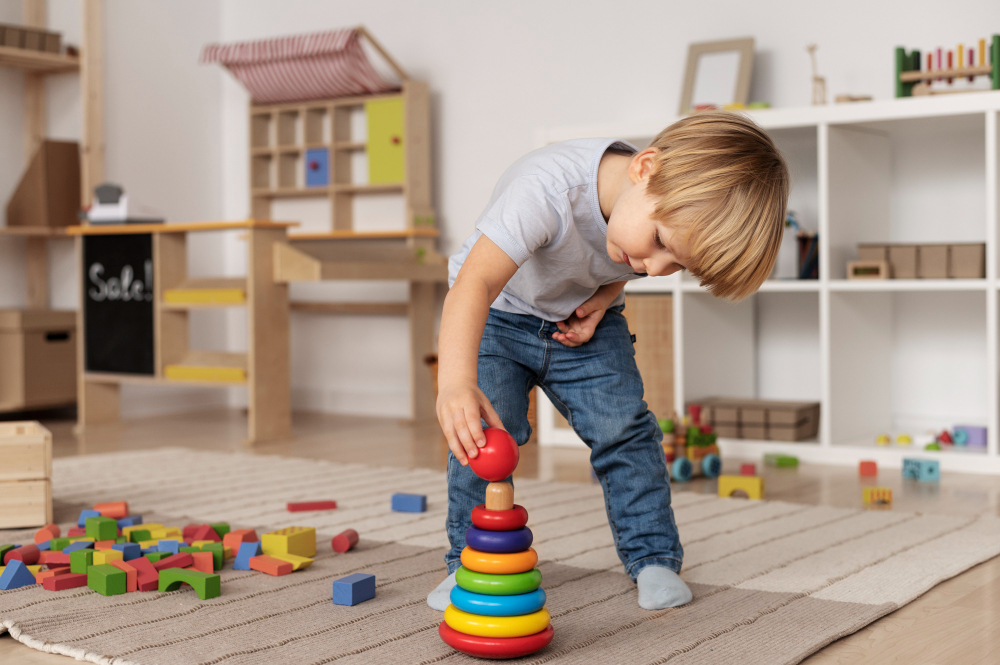
Many kindergarten businesses opt for a play-based curriculum, which recognizes that young children learn best through play and exploration. This approach encourages creativity, social interaction, and problem-solving skills. Play-based pedagogy is also proven to support academic skills in young learners.
In play-based preschools, the learning environment is carefully designed to stimulate children's curiosity and imagination. Colorful and inviting play areas are set up with different zones, such as a pretend-play corner, a construction area, an art station, and a sensory table. These areas are filled with a variety of materials and props that encourage open-ended play and exploration.
7. Project-approach curriculum
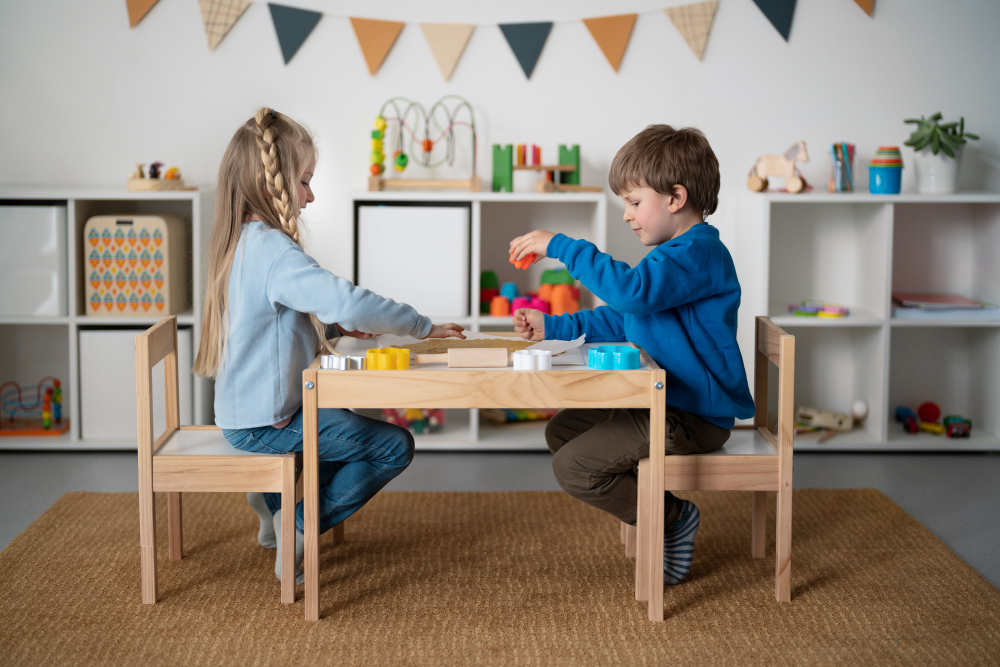
Unlike traditional teaching methods that rely heavily on structured lessons and predefined objectives, a project-based curriculum places children at the center of their own learning journey. It encourages them to explore, inquire, and investigate, all while actively engaging in real-world projects. It fosters a sense of curiosity and independence, helping young learners develop essential skills that will serve them well throughout their academic and personal lives.
8. Traditional Curricula
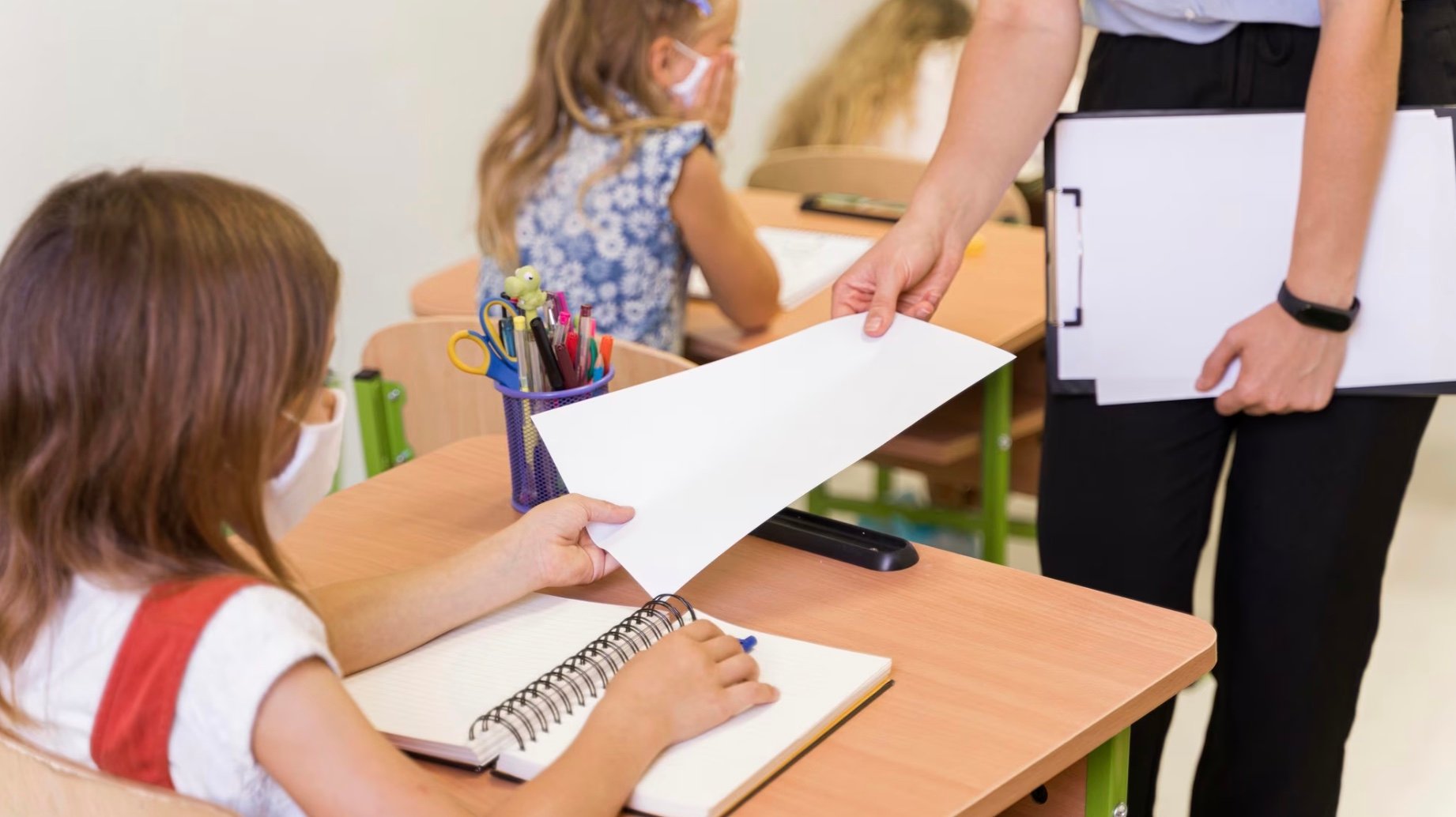
Some preschools take a more conventional Early Childhood Education, introducing young children to structured lessons in subjects like mathematics, reading, and science. These programs often prepare children for the transition to formal schooling by emphasizing early literacy and numeracy skills.
While some preschools may choose to adopt more progressive or alternative curriculums, the traditional approach to early childhood education continues to be a popular choice for many educators and parents. Its emphasis on structured lessons and foundational skills provides a structured and organized learning environment that prepares children for the academic challenges they will face in elementary school.
Conclusions
Choosing the right preschool curriculum for your kindergarten/preschool is a significant decision that requires a lot of research and consideration. The curriculum sets the educational vision for kindergarten and will also allow you to differentiate yourself in the market. The best curriculum for your kindergarten/preschool will depend on your educational vision and what kind of learning style you want your educational team to implement. Ultimately, the success of any curriculum lies in its implementation and the effectiveness of the training received by your teachers. After all, it is their dedication and expertise that will bring the curriculum to life and make a meaningful impact on your student's education.
At HEI Schools, we hold a strong belief in the significance of teachers. This is why we place great importance on the development of training programs alongside our curriculum. We understand that the success of any curriculum relies heavily on its implementation. Explore more HEI Schools Curriculum and our training programs.




